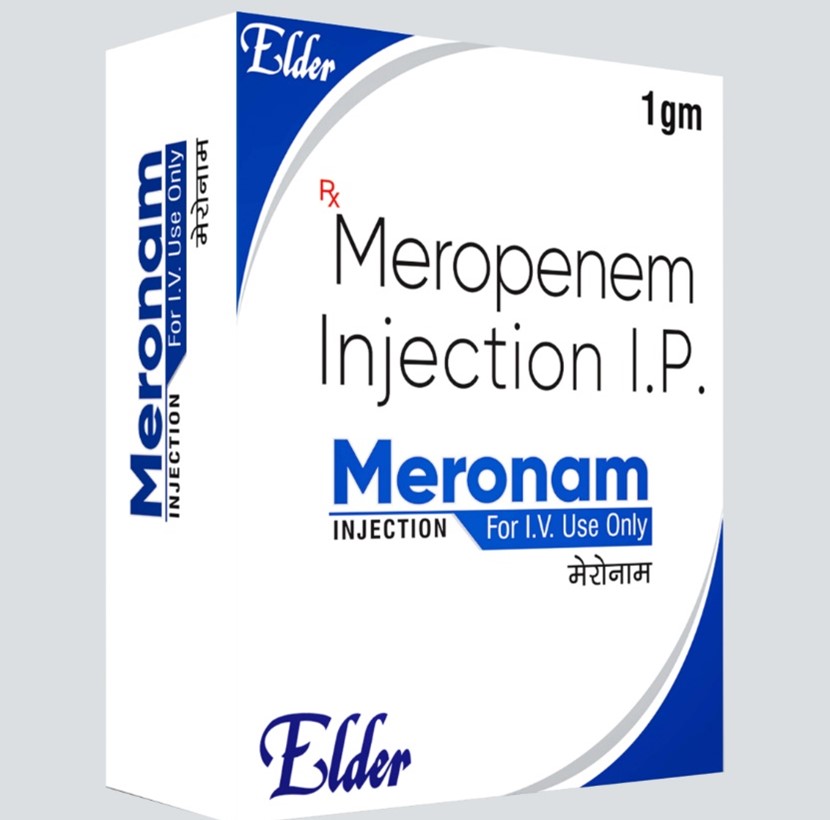At the end of a preoperative teaching session on pain management techniques, a client starts to cry and states, "I just know I can't handle all the pain." Which is the priority nursing problem for this client?
Knowledge deficit.
Anxiety.
Pain intolerance.
Anticipatory grieving.
The Correct Answer is B
Choice B is correct because anxiety is the priority nursing problem for this client who starts to cry and states, "I just know I can't handle all the pain." Anxiety is a feeling of fear, nervousness, or apprehension that can interfere with coping and decision making. The nurse should assess the level and source of anxiety and provide emotional support and reassurance to the client. The nurse should also review the pain management techniques and explain the benefits and risks of different analgesic options.
Choice A is incorrect because knowledge deficit is not the priority nursing problem for this client who starts to cry and states, "I just know I can't handle all the pain." Knowledge deficit is a lack of information or understanding about a topic or situation that can affect learning and behavior. The nurse should evaluate the client's learning needs and provide appropriate education and resources, but this is not as urgent as addressing the client's anxiety.
Choice C is incorrect because pain intolerance is not the priority nursing problem for this client who starts to cry and states, "I just know I can't handle all the pain." Pain intolerance is an inability or unwillingness to endure pain that can affect quality of life and recovery. The nurse should assess the client's pain level and response to analgesics and adjust the pain management plan accordingly, but this is not as urgent as addressing the client's anxiety.
Choice D is incorrect because anticipatory grieving is not the priority nursing problem for this client who starts to cry and states, "I just know I can't handle all the pain." Anticipatory grieving is a process of mourning that occurs before an expected loss or death that can affect emotional and physical well-being. The nurse should acknowledge the client's feelings and provide empathy and support, but this is not as urgent as addressing the client's anxiety.
Nursing Test Bank
Naxlex Comprehensive Predictor Exams
Related Questions
Correct Answer is B
Explanation
Choice A: Assigning the UAP to provide care for another client and assume full care of the client is not an action that the nurse should take, as this is unnecessary and inefficient. The UAP can safely assist the client with influenza if they follow proper infection control measures. This is an incorrect choice.
Choice B: Reviewing the need for the UAP to wear a face mask while in close contact with the client is an action that the nurse should take, as this can protect the UAP and others from droplet transmission of influenza. This is a standard precaution that should be reinforced by the nurse. Therefore, this is the correct choice.
Choice C: Instructing the UAP to apply a fitted respirator mask before entering the client's room is not an action that the nurse should take, as this is not indicated for a client with influenza. A respirator mask is required for airborne transmission, not droplet transmission. This is another incorrect choice.
Choice D: Directing the UAP to notify the nurse of any changes in the client's respiratory status is not an action that the nurse should take, as this is a general instruction that does not address the specific issue of infection control. This is another incorrect choice.
Correct Answer is C
Explanation
Choice A: Yellow-tinged sputum is not a critical finding for the nurse to report, as this is a common sign of pneumonia and does not indicate an adverse reaction to meropenem. This is a distractor choice.
Choice B: Nausea and headache are not urgent findings for the nurse to report, as these are mild side effects of meropenem and can be managed with supportive measures. This is another distractor choice.
Choice C: Watery diarrhea is an important finding for the nurse to report, as this can indicate a serious complication of meropenem, such as Clostridioides difficile infection, which can cause severe dehydration, electrolyte imbalance, and sepsis. Therefore, this is the correct choice.
Choice D: Increased fatigue is not a significant finding for the nurse to report, as this can be related to the client's underlying condition and does not suggest a problem with meropenem. This is another distractor choice.

Whether you are a student looking to ace your exams or a practicing nurse seeking to enhance your expertise , our nursing education contents will empower you with the confidence and competence to make a difference in the lives of patients and become a respected leader in the healthcare field.
Visit Naxlex, invest in your future and unlock endless possibilities with our unparalleled nursing education contents today
Report Wrong Answer on the Current Question
Do you disagree with the answer? If yes, what is your expected answer? Explain.
Kindly be descriptive with the issue you are facing.
